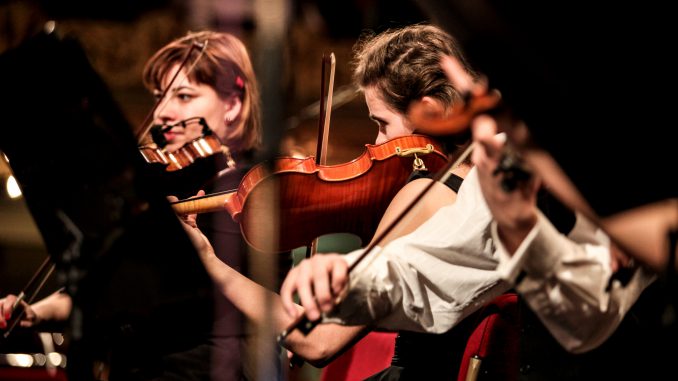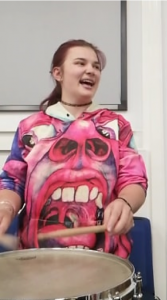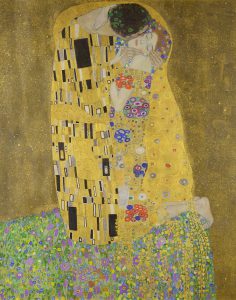

Now that I’m in my third year, my contact hours have been reduced to about ten hours a week (due to dissertation taking up a lot of time). Despite this, I am still as involved as ever with the music department and KCL as a whole. I am, of course, on campus during my seminars and lectures, but in between I see my friends in the common room, walk to the local Tesco to get a meal deal, go to rehearsals or get involved with some of the societies I’m in. It helps that the area is full of small, cosy cafes where you can escape from the bustle of university life for a bit. If I need to do anything that requires a little more brainpower, I usually go to the Maughan library or one of the computer rooms on campus. The great benefit of the Strand campus is all the buildings and libraries are only a short walk’s distance!

Most of my evenings are spent doing work or activities for my course. More often than not, I have rehearsals or concerts with the various societies I am involved in. Other than being very stimulating, the rehearsals, mainly for orchestra, are always a great way to relax and be around friends. Even though I play the violin, in the breaks I always go to the percussion section to go and ask them how to play the instruments, despite my total inability to do so (as shown in the photo of my poor attempt at percussion). It’s a great example of how, while being a high-level and challenging orchestra, rehearsal time can also be a great stress reliever and a time to have a laugh with your friends! Furthermore, many of my friends in the orchestra are not studying music as a degree, so I get to meet a really wide range of students from the university.
This semester, I am taking a module called ‘Vienna 1900-1920’. The lecturer, who usually leads the composition modules, centres the classes around listening and analysing the music in a hands-on way. Her teaching style involves an effective mix of tangible facts and more intangible philosophical interpretations.

For example, we had a recent seminar discussion around Gustav Klimt’s painting ‘The Kiss’ (pictured) in which she explained its historical and cultural impact as well as the relevance to larger philosophical issues. Although I am not studying visual art, her explanation of the painting’s significance within the context of turn-of-the-century Viennese artistic life created a clear picture of all the artistic trends of the era, including music. The combination of her engaging teaching style with her more practically based activities makes us students want to do the readings all the more. The seminar is a more discursive and hands-on discussion about the topics talked about in the lecture just before. I have really enjoyed this use of time because, despite the intensity of three-hours straight, it results in a very dense and encompassing understanding of the topics discussed.
Furthermore, this module is very relevant to my personal dissertation about the use of violence in an opera called ‘Lulu’ by the early twentieth-century Viennese composer, Alban Berg. This is an example of where my course’s breadth of module options has allowed me to create the most enriching and effective combinations of modules possible.
I hope this has given you an insight into the undergraduate Music course at King’s College London and what a typical day looks like for me!
Read more:
If you enjoyed this, you might like Virginia’s experience of being a postgraduate Music student.
Click here to learn more about Music degrees at King’s College London.

Leave a Reply